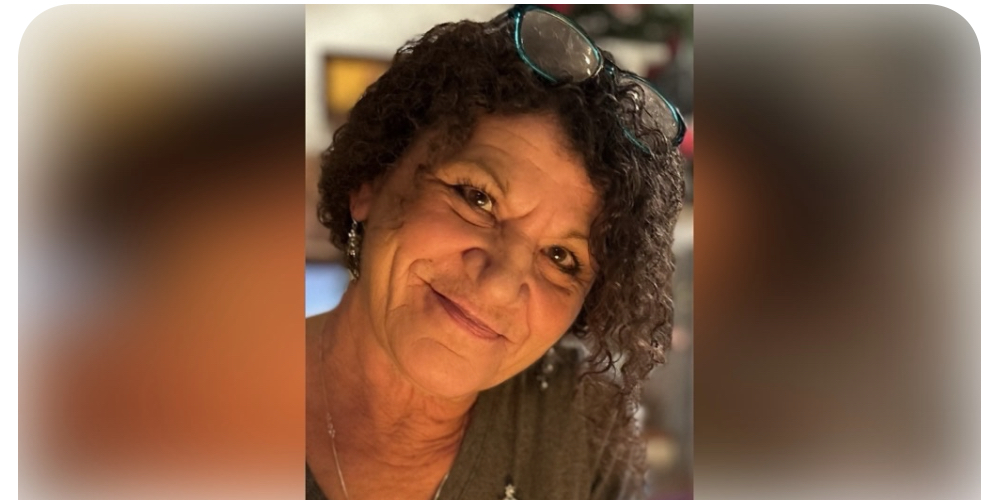 It began, as many radio stories do, with serendipity. A small family-run café tucked into an office park in Jacksonville, Florida, had chosen as its soundtrack not the predictable blandishments of streaming playlists, but Keener—our online reincarnation of our favorite Detroit radio legend. The Fresh From the Garden Cafe had been there for years, quietly accruing a clientele devoted less to novelty than to the steady comforts of continuity.
It began, as many radio stories do, with serendipity. A small family-run café tucked into an office park in Jacksonville, Florida, had chosen as its soundtrack not the predictable blandishments of streaming playlists, but Keener—our online reincarnation of our favorite Detroit radio legend. The Fresh From the Garden Cafe had been there for years, quietly accruing a clientele devoted less to novelty than to the steady comforts of continuity.
When we learned that the proprietors had roots in Detroit, I mentioned Keener. Turns out the family grew up with the station. From then on, their dot glowed on the worldwide listener map each morning, a beacon in the South sharing the vibe through a Bluetooth speaker that bathed the restaurant in Motor City Music. Like the Keymen of WKNR’s prime, I would salute them with on-air shout-outs, gestures of fellowship across distance. And every time I visited, I left with more than a meal; Mary Joanne Bell, the café’s owner, insisted on pressing a free dessert into my hands.
Mary’s story was the familiar, improbable American one. She had arrived in Jacksonville with her youngest daughter, knowing no one. Within months she met Charlie, who would become her husband and partner. Over twenty-two years, they built not only a family but a café that became a cultural node—an echo of Detroit’s Greektown transplanted to Florida, serving spanakopita and gyros alongside sandwiches customized for each customer.
What I did not know was that behind Mary’s radiant welcome she was concealing lung cancer. On August 14, she left us. When my son shared the news this morning, it felt less like information than like a blow. For all the talk of radio’s impersonality, Mary was proof of the opposite—one of countless listeners whose lives seeped into ours and, in turn, shaped our own.
We gave her a Keener send-off today, recounting the story I now share, followed by Linda Ronstadt’s “Adios.” But the real memorial was what followed: a cascade of emails from listeners, condolences arriving within minutes, as though the hundred-thousand strong who drift in and out of the stream had found a fresh seam of commonality.
This, I thought, is what radio once was at its best. Not a jukebox but a companion, navigating the ordinary dramas of adolescence and adulthood together. The hit lines were the original social media, where listeners called not only to hear songs but to make themselves heard, to have their heartbreaks softened or their triumphs celebrated. The alchemy was always in the hands of the on-air talent, who could thread empathy through a microphone.
Today, in an era of automation, voice-tracking, and AI, radio has been homogenized to the point of anonymity. Its sense of humanity

